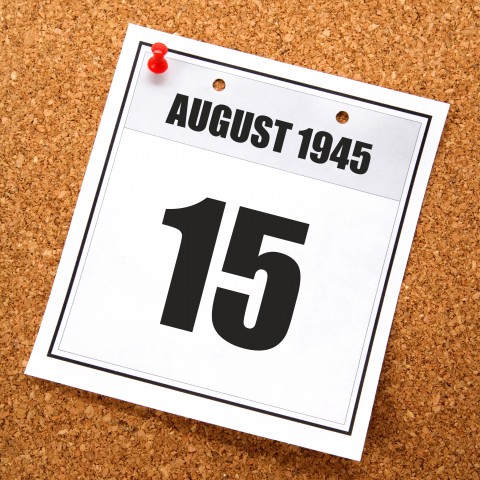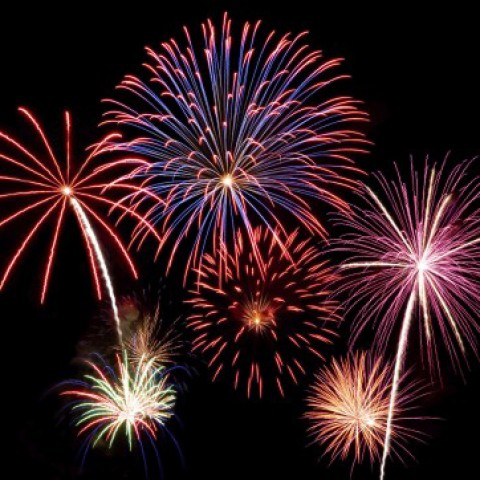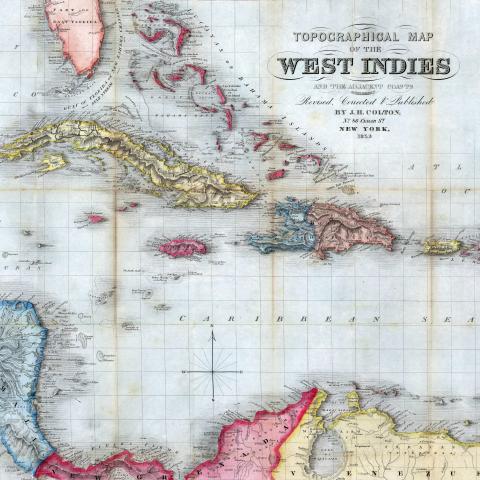The National Liberation Day of Korea celebrates the Korean liberation from Japan, and commemorates those who sacrificed to attain this freedom. This Korean liberation took effect only after many years of struggle and oppressive living conditions, making this newfound freedom that much sweeter.
Learn more about Korean Liberation Day with KoreanClass101.com, and gain insight into Korea’s history and how it shapes its culture today. We hope to make this lesson both fun and informative!
1. What is Korean Liberation Day?
On this day, Japan surrendered to the Allied Forces in World War II. At the same time, the Korean Peninsula was also freed from the domination of Japan. On Liberation Day, Koreans celebrate the granting of their long-held wish to be independent from Japan.
The Korean name of this holiday, Gwangbokjeol, is made of Chinese characters.
Gwang means “light” and Bok means “returning.” In other words, it means “the day the light came back.”
Did you know that even in the late 1990s, when the economic situation was bad enough to receive a bailout from the IMF, Koreans held a variety of events on National Liberation Day? This was done to encourage people in the economic crisis to overcome the hardship by reminding them of their ancestors, who overcame the harsh Japanese colonial period without losing hope.
2. When is Korean Liberation Day?
Each year on 15 August, Koreans celebrate their Liberation Day.
3. Traditions & Significance of Liberation Day
On National Liberation Day, many people visit the Independence Hall in Cheonan City. This is where people honor the activists who fought for the independence of the Republic of Korea. In particular, families come to visit with their children to instill a sense of respect and inspiration in them toward their country and those who sacrificed for its freedom.
Koreans raise the national flag on this day, as they do on Independence Movement Day and Korea Memorial Day. The flag is particularly prevalent in South Korea, though it can be seen around the world.
Since Liberation Day takes place in August, one of the most popular vacation months, it’s not uncommon for Koreans to gather in places around the world to celebrate this holiday. So if you happen to be in Paris, France on August 15, don’t be surprised to see a Liberation Day celebration taking place here! The Eiffel Tower is a hotspot for Liberation Day celebrations.
4. Outstanding Korean Activist
Of the independent activists, there was one man who organized the national liberation army, the independence army, and established the Provisional Government of the Republic of Korea to establish the independence of the Korean peninsula. Do you know who that man is?
Kim Koo was the activist who argued strongly for the independence of the Republic of Korea to the world leaders who took the Japanese domination of the Korean peninsula for granted at the time. That is why Kim Koo has always been selected as the representative figure of Koreans’ respect.
5. Useful Vocabulary for Liberation Day in Korea
Here’s some vocabulary you should know for Liberation Day in Korea!
- 광복절 (gwangbokjjeol) — Liberation Day
- 독립 기념관 (dongnip ginyeomgwan) — Independence Hall of Korea
- 식민지 (singminji) — colony
- 전쟁 (jeonjaeng) — war
- 항복 (hangbok) — submission
- 대한민국 정부 수립 (daehanminguk jeongbu surip) — Republic of Korea Government establishment
- 기념 (ginyeom) — remembrance
- 해방 (haebang) — liberation
- 일본 제국주의 (ilbon jegukjuui) — Japanese imperialism
- 독립 운동 (dongnip undong) — independence movement
- 만세 (manse) — hurray
- 청와대 (cheongwadae) — Blue House
- 1945년 8월 15일 (cheongubaeksasibonyeon parwol siboil) — August 15, 1945
To hear each of these vocabulary words pronounced, check out our Korean Liberation Day vocabulary list!
Conclusion: How KoreanClass101 Can Help You Master Korean
We hope you enjoyed learning about Korea’s Liberation Day with us! Does your country have a special national holiday like this one? Let us know about it in the comments!
To continue learning about Korean culture and the language, explore KoreanClass101.com and take advantage of our numerous learning tools:
- Insightful blog posts about a variety of language and cultural topics
- Free vocabulary lists covering a range of topics and themes
- Podcasts to improve your listening and pronunciation skills
- Mobile apps to learn Korean anywhere, anytime
- Much, much more!
If you prefer a one-on-one learning approach, or want to give it a try, be sure to upgrade to Premium Plus. This will give you access to your own personal Korean teacher as well as a personalized learning plan based on your needs and goals!
Whatever your reason for learning Korean, know that your hard work and determination will pay off! And KoreanClass101 will be here with you on each step of your journey to Korean mastery.













